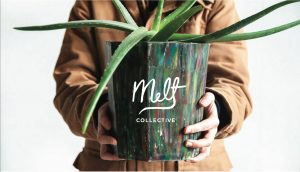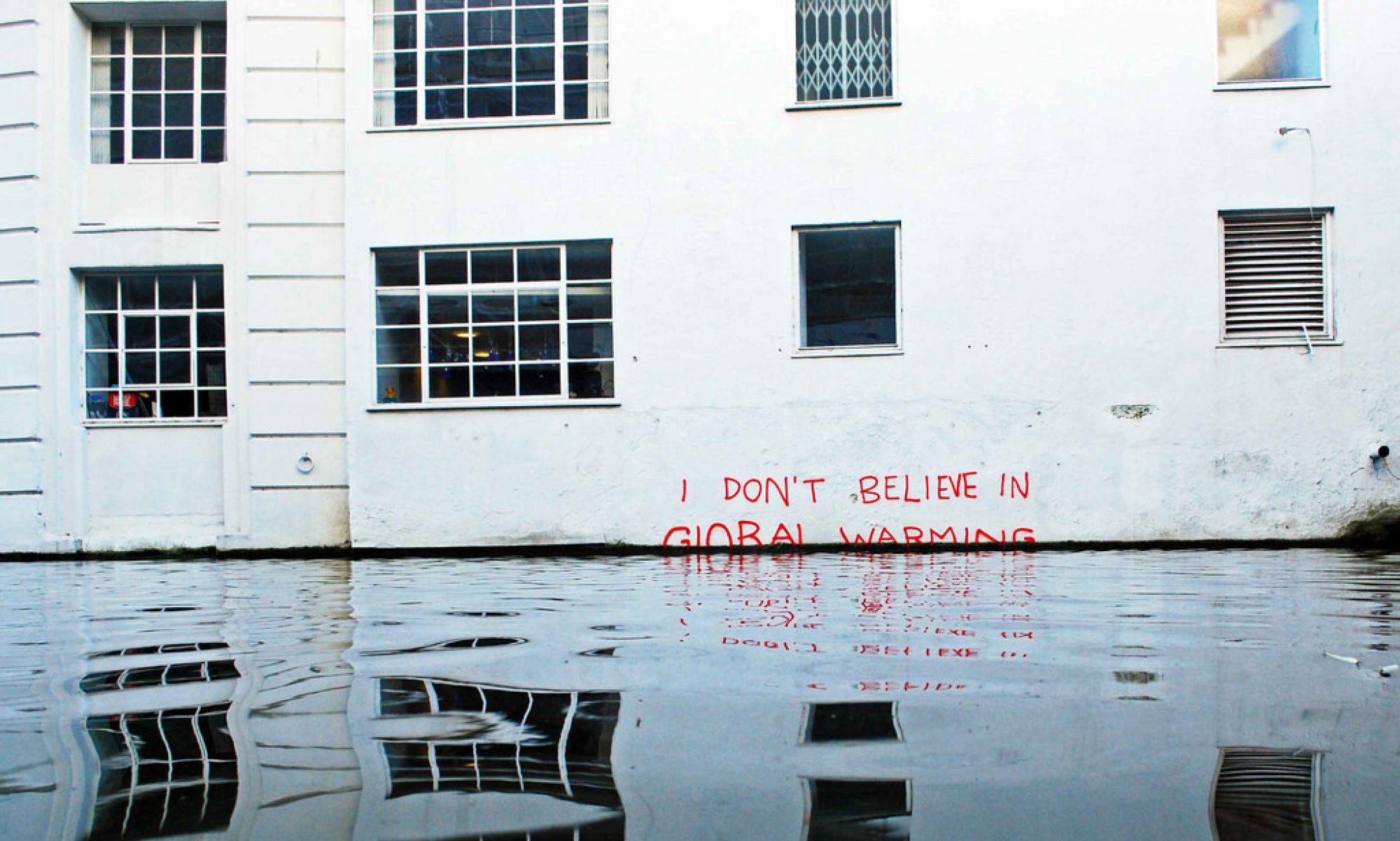Reimagining Waste is a topic that is becoming a more frequent area of discussion with the increase in conscious consumers. Everything we own is in someway waste, from our forks to our beds to our clothes; everything will some day be disposed of. Like the often discussed Patagonia brand vision, we need to immediately stop buying products just for the sake of buying them, and find lifelong quality and value within our consumerist purchases.
Melt Collective, is a group of UBC students who came together with a common pursuit: to reimagine waste and redirect its value. They melt down plastics, specifically Polypropylene (number 5 plastics such as hummus cartons) and use injection moulding to reshape and redesign what was once worthless to some. The main idea is to eventually launch into recycling and recreating products like plant pots, skateboards and hammocks from marine waste that washes up on the shores of Vancouver.
As of right now, what the Melt Collective is striving to achieve, is the non-disposal of Polypropylene in the rubbish bin, but rather have multiple collection points around campus for Students and Faculty to throw their number 5 plastics into, to recreate these materials into the aforementioned products. By doing this there would essentially be a closed loop effect of these plastics once they are purchased from stores. Melt takes the plastics, creates products and redistributes these, meaning that people can stop buying the same products from stores that are made from fresh materials, and start buying Melt’s 100% recycled goods.
On a whole, this project has an immensely large amount of potential, IF awareness can be raised. UBC, a school that prides itself on being Sustainable and having zero waste policies is an excellent starting ground for this project to take off it’s feet and hopefully expand further.

